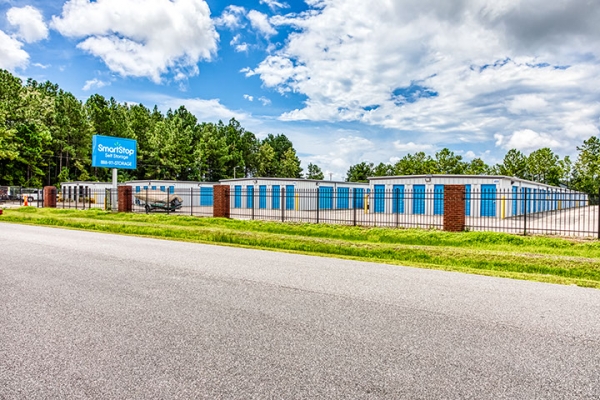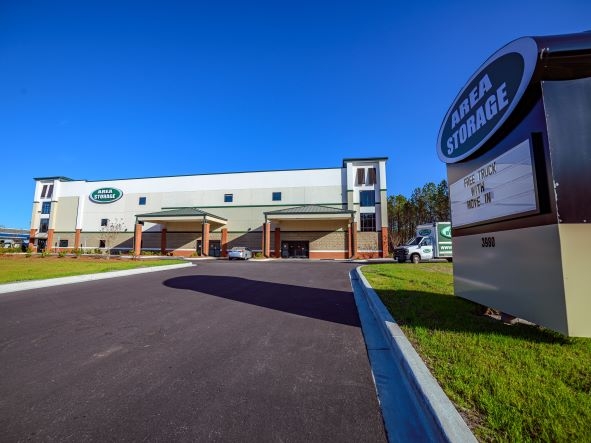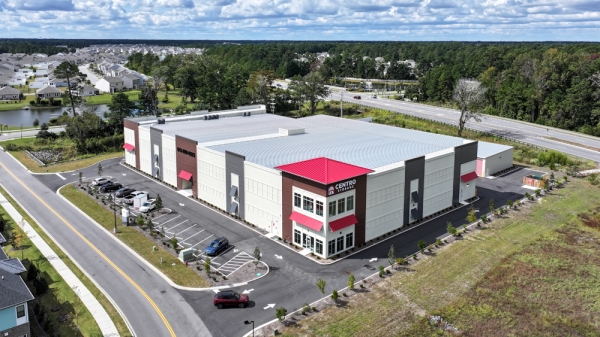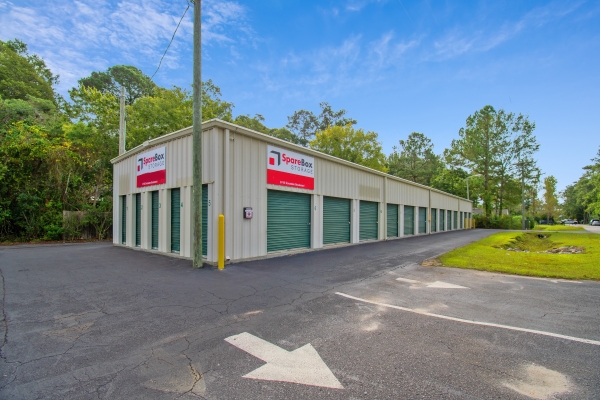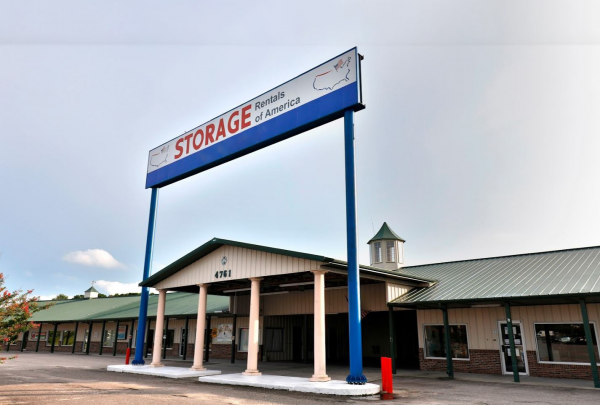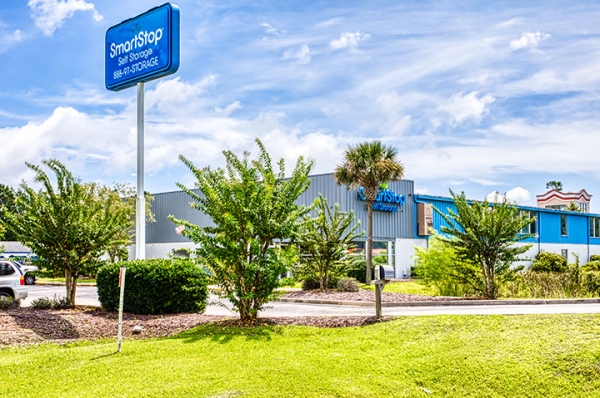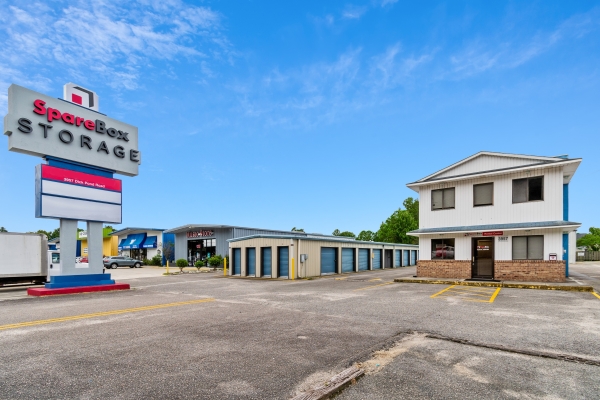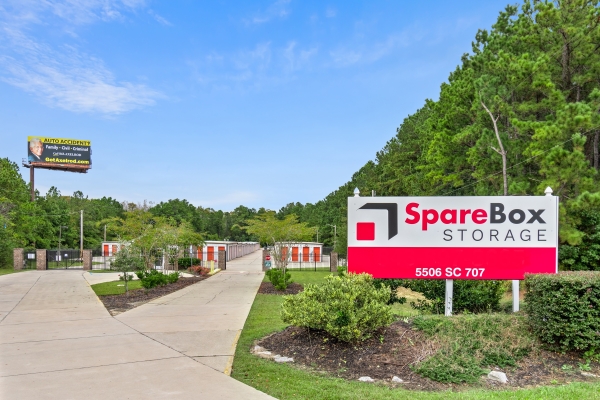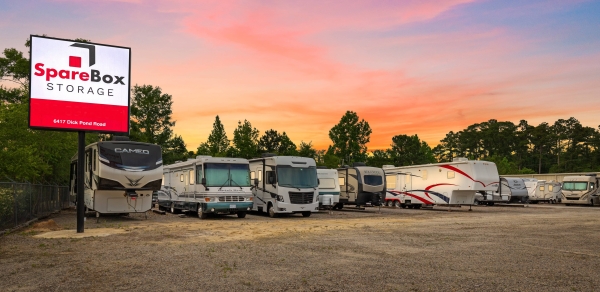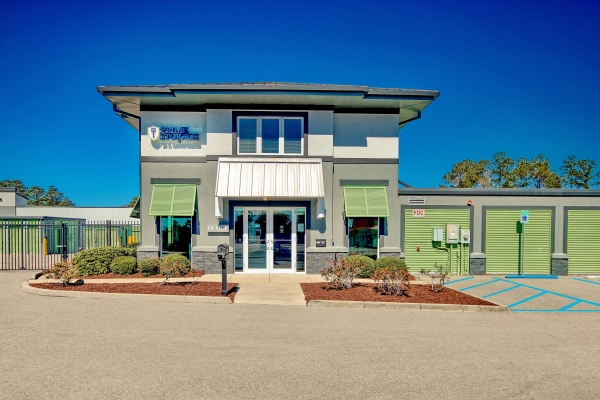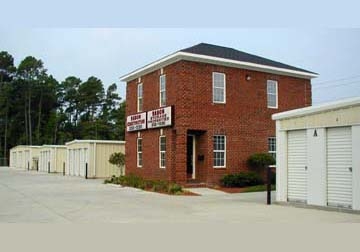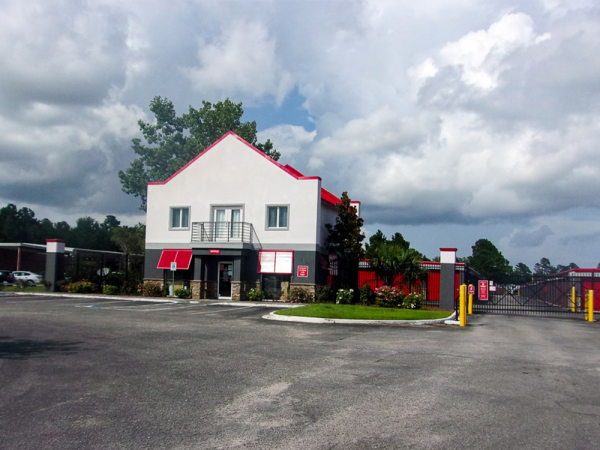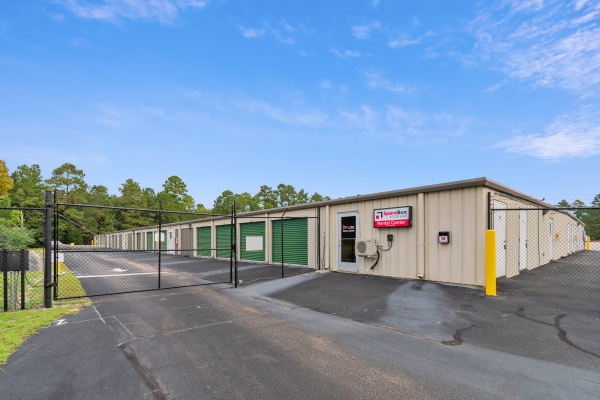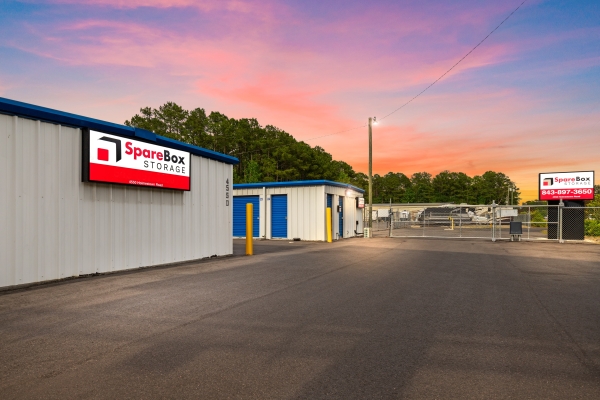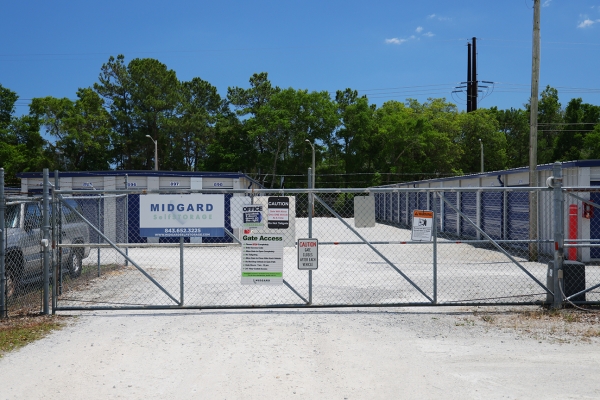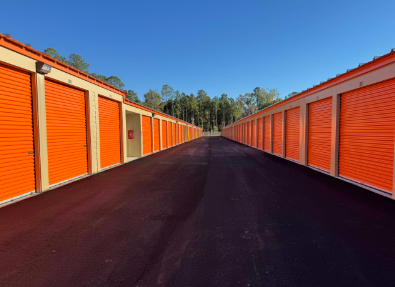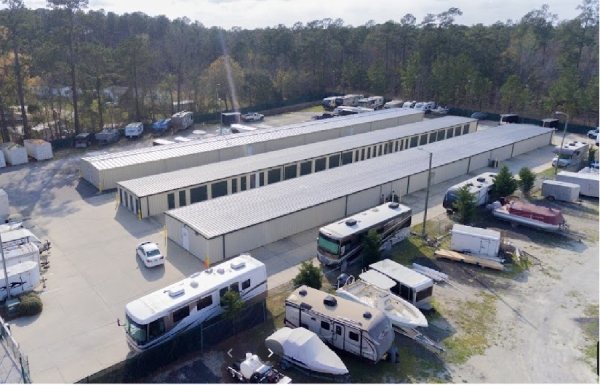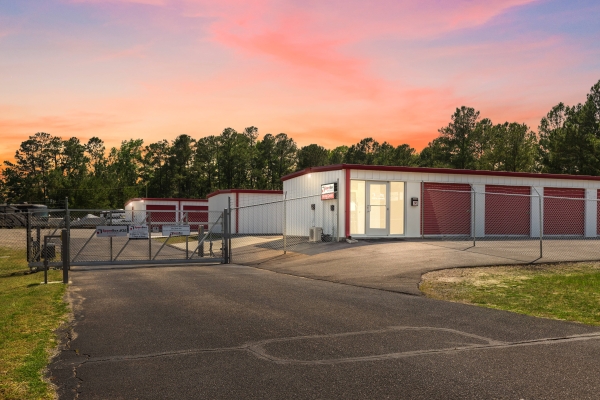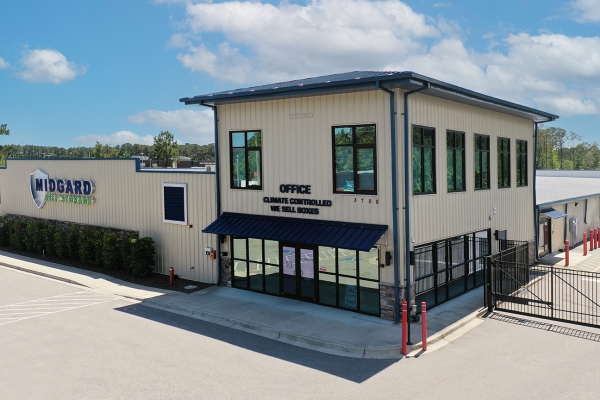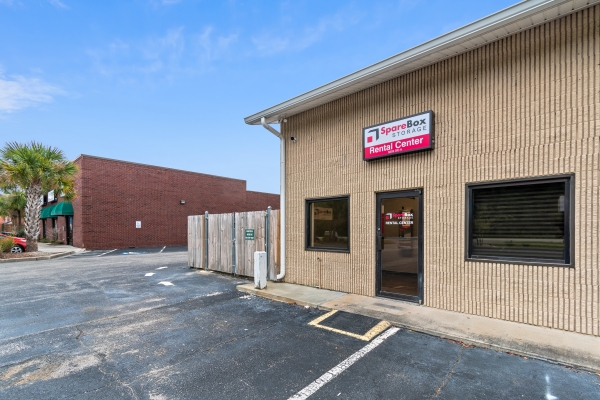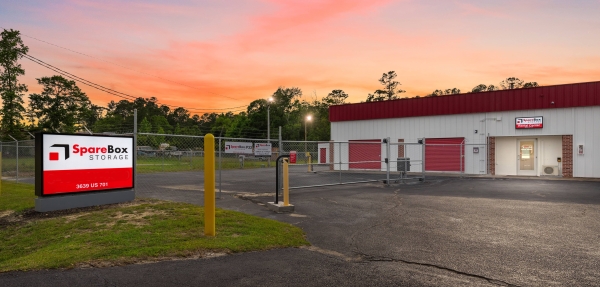Coastal humidity and salt air make storage choices critical in Myrtle Beach. With average humidity levels exceeding 70% year-round and frequent summer thunderstorms, you’ll want protection that goes beyond basic shelter for your belongings.
Average Storage Unit Prices in Myrtle Beach, SC
Here’s what you can expect to pay for Myrtle Beach storage units:
| 5’x5′ | $44 |
| 10’x10′ | $98 |
| 10’x15′ | $132 |
| 10’x20′ | $152 |
What to Look for in a Myrtle Beach Storage Unit
- Salt Air Defense: Coastal conditions accelerate rust and corrosion. Climate-controlled units with sealed doors protect metal items, electronics, and appliances from salt damage.
- Hurricane Preparedness: Myrtle Beach faces hurricane risk from June through November. Look for facilities with reinforced construction, drainage systems, and backup power for security systems.
- Tourist Season Access: Summer crowds can create traffic delays along Highway 17 and Ocean Boulevard. Choose facilities with multiple entry points or off-peak access hours.
- Moisture Control: Beyond humidity, frequent rain and storm surge risks make elevated units or flood-resistant facilities essential for long-term storage.
Frequently Asked Questions
Can I store beach gear and surfboards safely?
Yes. Rinse salt water off equipment before storage and use climate-controlled units to prevent rust on metal components and warping of boards.
Are there storage facilities that handle hurricane evacuations?
Some facilities offer temporary access during evacuation periods, but confirm policies before hurricane season begins in June.
Do I need special protection for fishing equipment?
Yes. Salt exposure can damage reels and rods quickly. Clean gear thoroughly and store in climate-controlled units with low humidity.
Are there units near vacation rental properties?
Yes. Facilities along Kings Highway and near Myrtle Beach International Airport cater to seasonal residents and vacation property owners.
Is it safe to store items during storm season?
Choose facilities with storm-rated construction and drainage systems. Avoid ground-level units in flood-prone areas near the Intracoastal Waterway.
